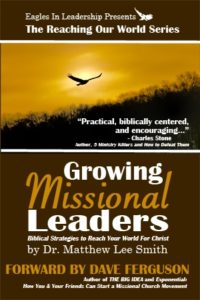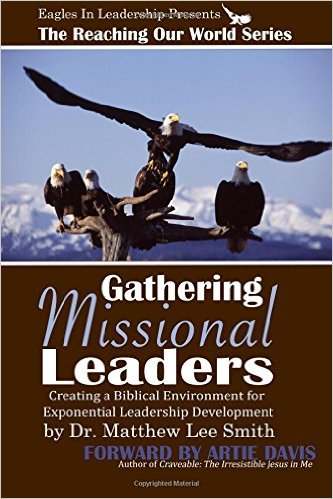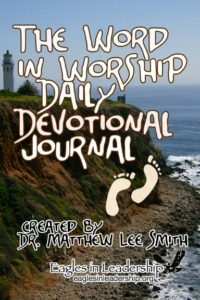Feel free to forward this to a friend!
“Remind me each day that the race is not always to the swift; that there is more to life than increasing speed. Let me look upward into the branches of the towering oak and know that it grew slowly and well.” ~ Wilfred Peterson
Growth always brings challenges! Jesus is telling his listeners that God’s work will grow … but it will also attract those who are less than desirable. Stepping off from the message of the tares (last lesson), Jesus now expresses the frustration leaders feel by those who ‘nest’ in their work for their own advantage.
Building leaders who will transform their world is what these words are all about. We continue to listen to Jesus share with us the secrets to developing those who will truly expand God’s Kingdom. Listen as he explains …
Another parable He put forth to them, saying: “The kingdom of heaven is like a mustard seed, which a man took and sowed in his field, which indeed is the least of all the seeds; but when it is grown it is greater than the herbs and becomes a tree, so that the birds of the air come and nest in its branches.” Matthew 13:31-32 (NKJV)
We become like Jesus when …
o We carefully identify the self-serving from the servants!
Jesus identifies those who serve themselves as the ‘birds’ that nest in our work. Birds are used to portray those who are not of God in the Bible. Think for a minute about the growth of the Kingdom of God here… from something small to something large enough to become ‘tree-like.’ Then the birds move in … they provide nothing to the advancement of the Kingdom, represented by the mustard plant. They simply enjoy the benefits without bringing aid and assistance.
Leaders are supposed to note them. Not that we can do much about them. Yet, the one thing Jesus is trying to teach us through these parables is this: ‘there are some to be taught and some that we should not.’ Just because someone ‘attends’ your ministry work is not a sign that they should be given leadership. Check out what they are returning first.
© 2009 By Dr. Matthew Lee Smith











